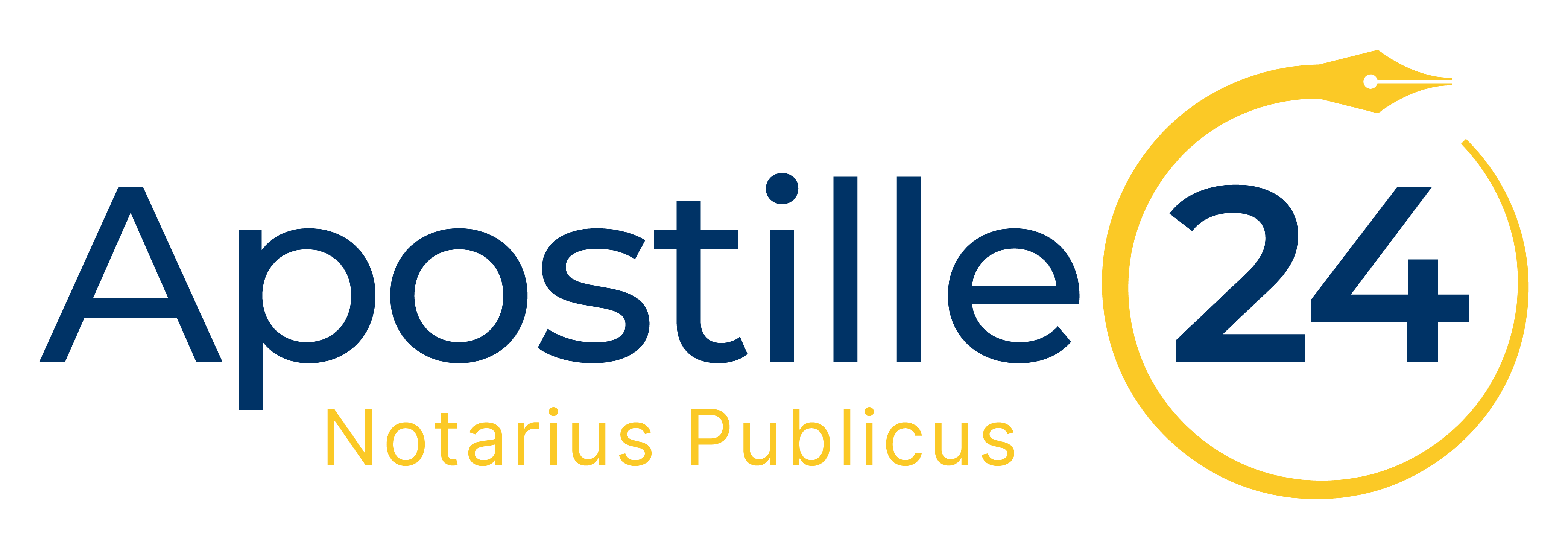Witnessing
Initially, it is important to clarify what "witnessing" means. Witnessing is a legal process where an impartial third party is present at the execution of a certain document or agreement in order to later certify that it has been correctly executed. This process is particularly important in cases where the authenticity of the document may be questioned, such as in the case of wills, prenuptial agreements or business transfers. Witnessing adds an extra level of security and helps prevent disputes that may arise in the future.
Significance of witnessing for private individuals and companies
This process is not only important in the legal context, but can also be useful in personal and business relationships. For example, witnessing can be an effective way to confirm an oral agreement or transaction between two parties. It can also help to establish mutual understanding and trust in a business relationship.
Witnessing the Signing of Documents and Agreements
Witnessing is usually present at the signing of a document or agreement, where witnesses must be present and attest to having seen the signing party sign the document. Witnesses should be impartial and have no personal interest in the agreement or transaction being witnessed. In some cases, an unexpected witness, such as a lawyer or notary public, may also be present to lend additional legitimacy to the process.
Binding Effect and Legal Advice regarding Witnessing
It is important to note that witnessing does not necessarily make a document or agreement binding. This depends on the specific rules and laws that apply to the document or agreement in question. It is always best to consult a lawyer to get clarity on which rules apply to your specific situation. However, it is common for a counterparty to require a document to be stamped by a Notary Public.
Evidence: A Security Factor in Important Transactions and Agreements
Finally, witnessing is an important process that adds security and trust in many different contexts. By having one or more impartial witnesses present at the signing of documents and agreements, any disputes and uncertainties that may arise in the future can be prevented. It is always a good idea to consider the possibility of witnessing, especially in important business transactions or personal agreements. Witnessing can also help strengthen legally binding agreements and contracts, which is particularly useful in a business environment where clarity and reliability are essential. It can also be an important part of the estate to ensure that all documents and wills are correctly and legally issued for future disposition.
Evidence as Extra Security in Legal Commitments
If you are unsure whether you need a witness for a particular document or agreement, do not hesitate to consult us for more information and guidance. By being aware of this important process, one can avoid potential problems and disputes in the future and ensure that one’s rights and obligations are clear and binding. So remember, witnessing is an important part of the legal process that should be taken seriously to ensure legal certainty and security for all parties involved. It is also a process that can provide extra security and assurance for both individuals and companies in today’s complex legal world. So the next time you sign a document or agreement, consider having an impartial third party present to witness, and take advantage of the added safety and security it can provide. With the right knowledge and understanding of the attestation process, one can ensure that one’s legal documents and undertakings are accurate and legally binding.
Frequently asked questions - FAQ
What does witness mean?
Attestation is a legal process where a third party (the witness) confirms that they saw a person sign a document, helping to ensure that the document is valid and legally binding.
When is witnessing necessary?
Witnessing is usually required in situations where a legal document is signed, such as a will or contract. This helps to avoid disputes in the future about the validity of the document.
Who can act as a witness at a deposition?
A witness should be an impartial third party who has no personal interest in the document being signed. It can be a lawyer, notary, or any other trusted individual.
What happens if a document is signed without a witness?
If a document is signed without the necessary witness, it may be questioned in the future and it may be difficult to prove its validity.
